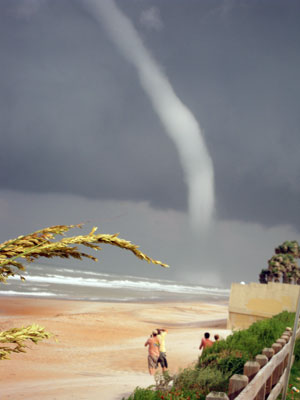All Nonfiction
- Bullying
- Books
- Academic
- Author Interviews
- Celebrity interviews
- College Articles
- College Essays
- Educator of the Year
- Heroes
- Interviews
- Memoir
- Personal Experience
- Sports
- Travel & Culture
All Opinions
- Bullying
- Current Events / Politics
- Discrimination
- Drugs / Alcohol / Smoking
- Entertainment / Celebrities
- Environment
- Love / Relationships
- Movies / Music / TV
- Pop Culture / Trends
- School / College
- Social Issues / Civics
- Spirituality / Religion
- Sports / Hobbies
All Hot Topics
- Bullying
- Community Service
- Environment
- Health
- Letters to the Editor
- Pride & Prejudice
- What Matters
- Back
Summer Guide
- Program Links
- Program Reviews
- Back
College Guide
- College Links
- College Reviews
- College Essays
- College Articles
- Back
A Proper Response to Natural Disasters
In the past month, both domestic and international natural disasters have become seemingly regular occurrences. The recent hurricanes Harvey, Irma, and Maria, as well as the earthquakes in Mexico and many other disasters, have put the affected areas into a state of disarray. The news is covered in new information on the effects of the storms, and what we can do to help. Everywhere we look we can find relief funds accepting donations, but there is still a disconnect between possible donors and the most effective disaster relief efforts.
While some Americans have chosen to donate to relief funds, many more are concerned with the idea of handing over the money due to the many tragic stories of corruption within charities. For example, in the aftermath of Hurricane Sandy, a charity called Hurricane Sandy Relief Effort raised $600k for storm victims. It wasn't until later that the group was exposed as a ploy to help a couple of con artists with their own credit card debt. As Forbes journalist Ryan Scott puts it in his article on charity scams, “Amidst the fog of chaos, when normal channels of communication are compromised, con artists take advantage of open hearts and wallets, steering well-intended donations to phony nonprofits.” Stories like these, as well as the desire to have a more hands-on or personal impact on the disaster relief, have made Americans hesitant to blindly donate cash to many charities
Unfortunately, these monetary donations are actually the most helpful contributions for the victims of a disaster. In a CBS video titled “Best Intentions”, a series of experts explain how household items and old clothes are often unusable and even dangerous to the victims. Even sensible efforts like sending water bottles can end up being much less useful to the relief effort than a simple cash donation.
The issue of misguided assistance continues to actual volunteers. According to an NBC article by JoNel Aleccia, volunteer groups will actually show up in the aftermath of a disaster uninvited and generally unprepared. The article quotes Dr. Thomas Kirsch, co-director of the Johns Hopkins Center for Refugee and Disaster Response saying that a group of well-meaning students from John Hopkins had gone to after a natural disaster to offer their help, but that in reality, “They had no bedding, supplies or food. They ended up glomming onto some of the NGOs.”
Some people have worked to find solutions for this donation issue, like the women in the CBS video. They developed a registry-style donations site to help gather specific supplies while still giving donors a hands-on experience, but this method has so far only been implemented on a small scale. For now, the best way to help is to research reputable charities and donate what you can to the disaster relief efforts already in progress.

Similar Articles
JOIN THE DISCUSSION
This article has 0 comments.
